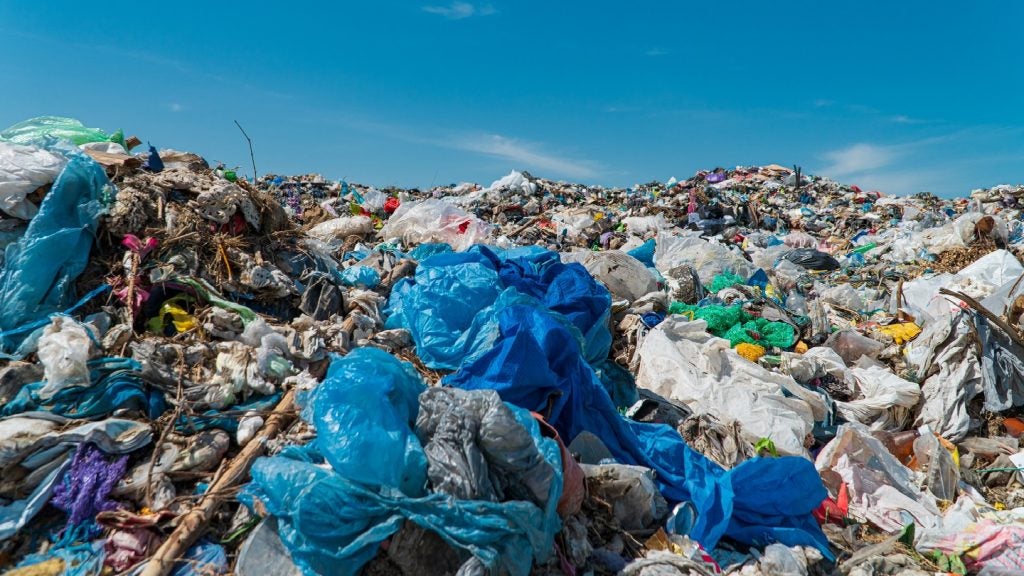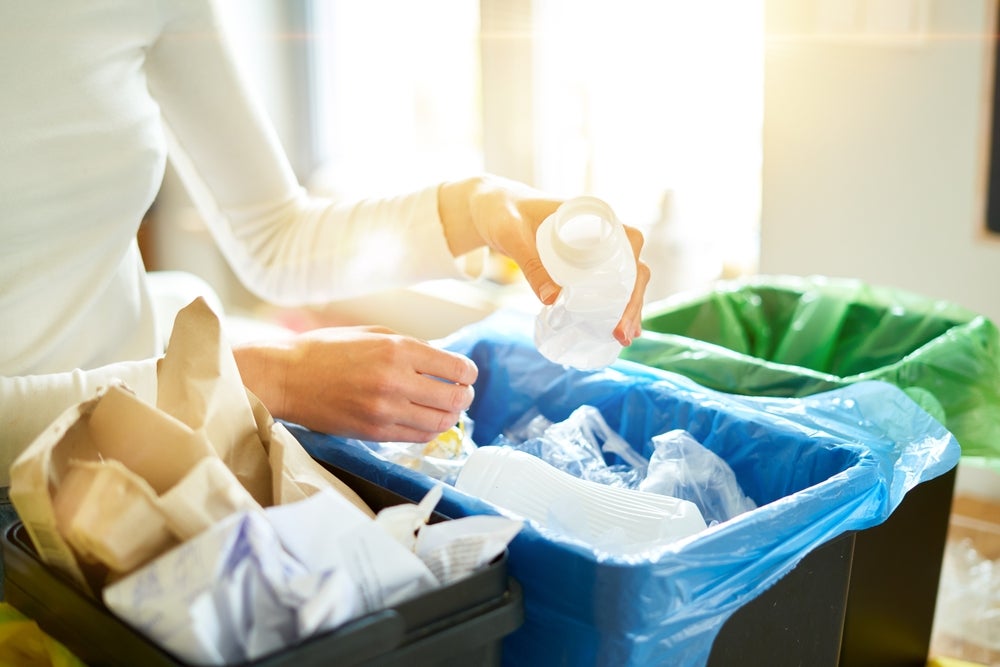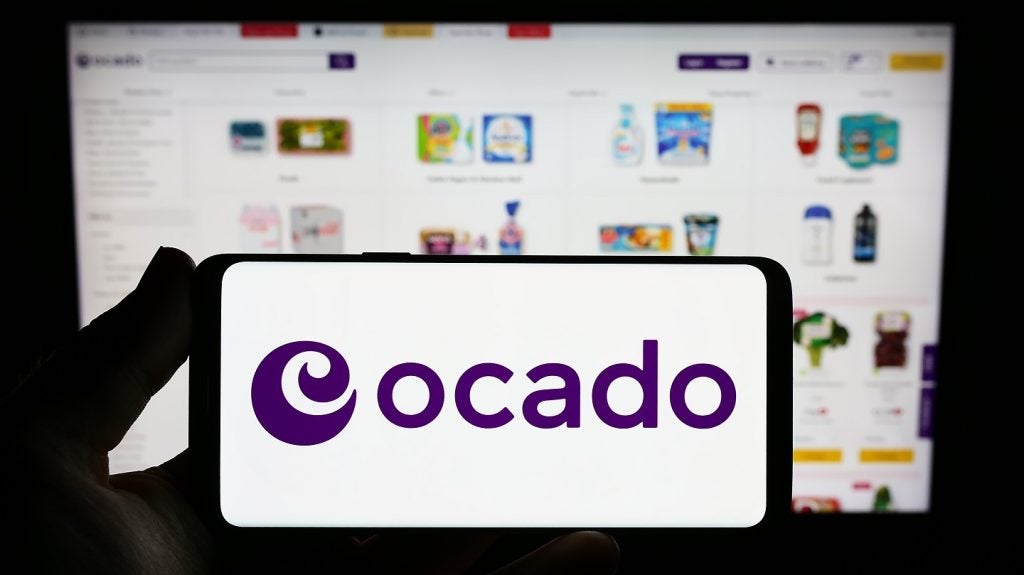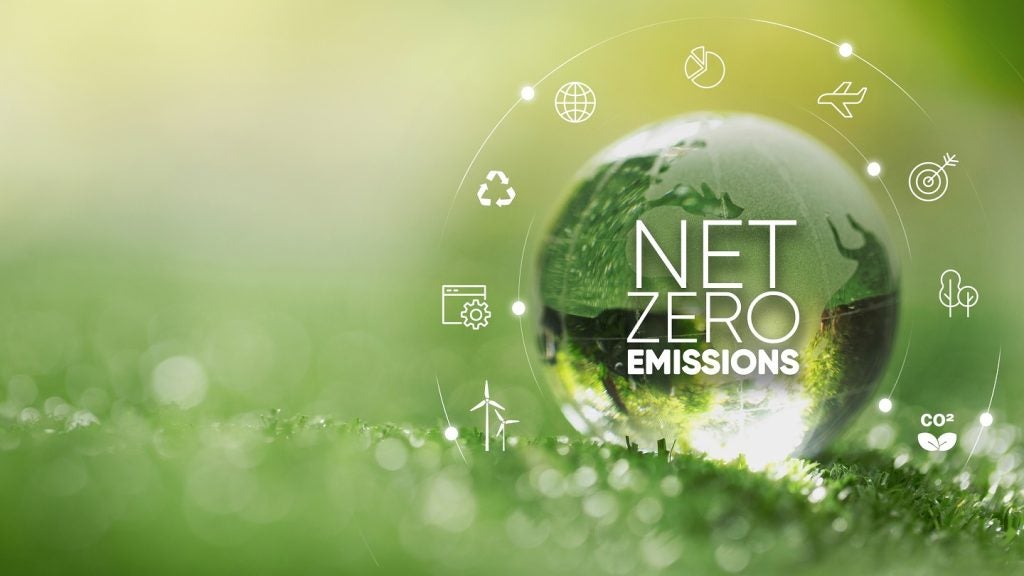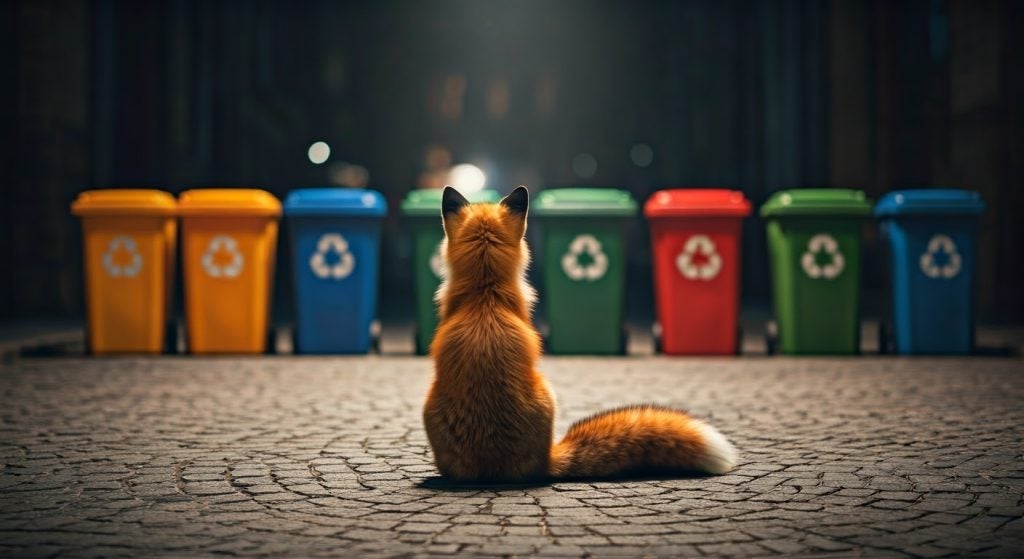CEOs of 22 companies, who are members of the Business Coalition for a Global Plastics Treaty, have released an open letter calling on governments to agree to an actionable treaty to end plastic pollution.
The move comes as the UN Environment Program's (UNEP) Intergovernmental Negotiating Committee is set to meet in Busan, South Korea, from 25 November 2024 to formally develop a Global Plastics Treaty.
This is said to officially be the final meeting in the negotiating process, where the parties will look to develop the framework of the treaty.
Business leaders from companies, including Berry Global, SIG, Danone, Unilever, Amcor, PepsiCo, and others, have urged these governments to commit to a robust and actionable treaty.
The letter reads: “Global rules are also good for governments, reducing long-term public spending on waste management and mobilising investment to create jobs across the value chain.
“A treaty based on voluntary measures alone risks delaying action by decades. This would create further fragmentation in the regulatory landscape for business, leading to increased cost and complexity.”
The letter also outlines specific elements essential for the successful implementation of the treaty such as restricting harmful chemicals and unnecessary plastic products, incorporating a circular design criteria for plastics, and others.
“As business leaders, we are working to transform our business models to catalyse a circular economy in which plastic never becomes waste or pollution, and the value of products and materials is retained in the economy.
“There is already significant alignment on these topics through voluntary industry initiatives, and we remain committed to efforts to advance a circular economy for plastics. However, it is clear that voluntary efforts alone are not enough to address plastic pollution at scale,” the letter added.
This stance is gaining momentum in the US, with the incumbent Biden administration recently shifting its position to support global targets for reducing plastic production and phasing out hazardous chemicals, aligning more closely with Canada, South Korea, and EU members.
However, this shift has faced criticism from industry groups such as the Plastics Industry Association, Recycling Today reported.
The group forecasts production caps would harm not just the US plastics industry but also manufacturers reliant on plastic materials.


